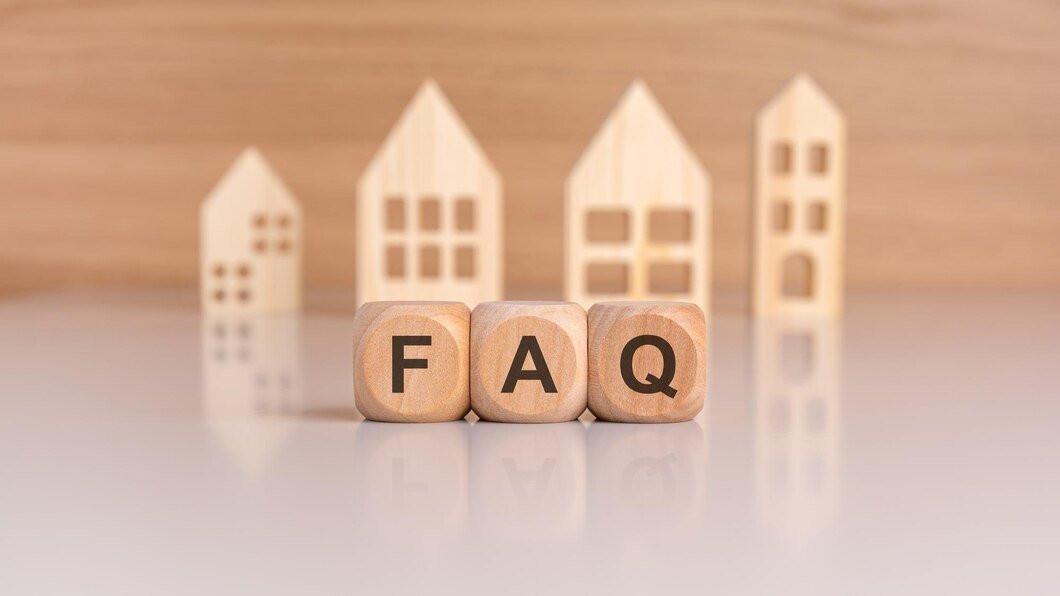When purchasing property in Chennai, understanding the approval process is crucial to ensure legal compliance and protect your investment. One such critical approval is the CMDA (Chennai Metropolitan Development Authority) approval, which regulates land development and building construction in the Chennai Metropolitan Area. In this blog, we will address the top 5 frequently asked questions about CMDA Approval in Chennai to provide clarity for prospective buyers and developers.
1. What is CMDA Approval, and Why is It Important?
CMDA Approval in Chennai refers to the sanction provided by the Chennai Metropolitan Development Authority, ensuring that any land or building development aligns with the city’s master plan and follows specific regulatory standards. This approval process checks if the property is suitable for construction based on aspects such as land use, road accessibility, safety measures, and environmental impact.
Why Is It Important?
- Legal Compliance: CMDA approval ensures that your property complies with government norms, which are essential for both commercial and residential developments.
- Avoid Legal Issues: Building on land without CMDA approval can result in fines, legal disputes, and even demolition of the structure.
- Ease of Resale: Properties with CMDA approval have higher resale value since prospective buyers are more likely to trust that the property adheres to legal standards.
- Access to Loans: Banks and financial institutions often refuse loans for properties that lack CMDA approval.
For these reasons, getting CMDA Approval in Chennai is crucial for both buyers and developers to avoid future legal complications and ensure that their investment is secure.
2. What Types of Properties Require CMDA Approval?
In Chennai, not all properties require CMDA approval. However, the following types of property developments are subject to the CMDA’s regulations:
- Residential Plots: Land intended for the construction of homes or apartments.
- Commercial Buildings: This includes office spaces, shopping complexes, and other commercial ventures.
- Industrial Projects: Factories, warehouses, and other industrial setups.
- Multi-Storied Buildings: Any building with more than three floors must obtain CMDA approval.
Exemptions from CMDA Approval:
Properties located in rural areas or under the jurisdiction of local bodies that do not fall within the Chennai Metropolitan Area may not require CMDA approval. However, it is always best to confirm the specific regulations with local authorities or consult legal experts to avoid any misunderstanding.
3. How to Obtain CMDA Approval in Chennai?
The process for obtaining CMDA Approval in Chennai involves several steps. Below is a basic outline:
- Application Submission: Submit an application with details such as property location, land survey number, and proposed building plans.
- Plan Review: The CMDA reviews the plan to ensure it complies with the Chennai Master Plan, which outlines zonal restrictions, road alignment, and other development norms.
- Site Inspection: A CMDA official may inspect the property to verify that it meets the stipulated conditions, including land use and safety regulations.
- Approval or Rejection: Once the review and inspection are complete, the CMDA either approves the application or issues a rejection with reasons for disapproval.
- Approval Certificate: Upon successful approval, you will receive an official certificate, allowing you to proceed with construction or land development.
Key Documents Required for CMDA Approval:
- Sale deed of the property
- Encumbrance certificate (indicating no legal disputes)
- Detailed building plans
- Survey of the land
- Tax receipts
Each document must be submitted with accuracy to avoid delays or rejection.
4. How Long Does the CMDA Approval Process Take?
The duration for obtaining CMDA Approval in Chennai typically depends on various factors such as the complexity of the project, the size of the land, and how accurately the documents are prepared and submitted. However, the process can take anywhere from 30 to 90 days.
Factors That Influence the Timeline:
- Size of the Project: Larger, more complex developments may require additional scrutiny and longer processing times.
- Document Accuracy: Missing or incorrect documents can cause delays.
- Site Inspections: If the project requires additional inspections (such as environmental or structural checks), it can extend the timeline.
It’s advisable to work with a professional consultant to streamline the process and ensure that all necessary documentation is in place.
5. What Happens If a Property Does Not Have CMDA Approval?
Purchasing or developing a property without CMDA Approval in Chennai can have serious consequences:
Legal Ramifications:
- Fines and Penalties: The CMDA can impose hefty fines on property owners who fail to obtain approval for their developments.
- Demolition Orders: In extreme cases, the government has the authority to issue demolition orders for unauthorized constructions that violate CMDA norms.
- Difficulty in Resale: Properties without CMDA approval are hard to resell due to their questionable legal status, making them unattractive to buyers.
- Loan Denials: Financial institutions may deny home loans or mortgages for properties without CMDA approval, making it difficult to finance the purchase.
It is crucial to ensure that a property has the necessary approvals before committing to the purchase. If a property does not have CMDA approval, you may need to consult with a legal advisor to explore potential remedies, such as obtaining post-construction approval (regularization), though this can be both time-consuming and costly.
Conclusion
Understanding CMDA Approval in Chennai is essential for anyone looking to invest in property within the city. This approval ensures that land and building projects adhere to safety, legal, and environmental guidelines. Not only does this process protect you from legal issues, but it also enhances the value and marketability of your property. Whether you are buying residential or commercial property, always ensure that it has the appropriate CMDA approval to avoid complications in the future.
If you’re unsure about the approval process, working with professional consultants or legal experts can help ensure a smooth experience and avoid unnecessary delays or issues down the line.

